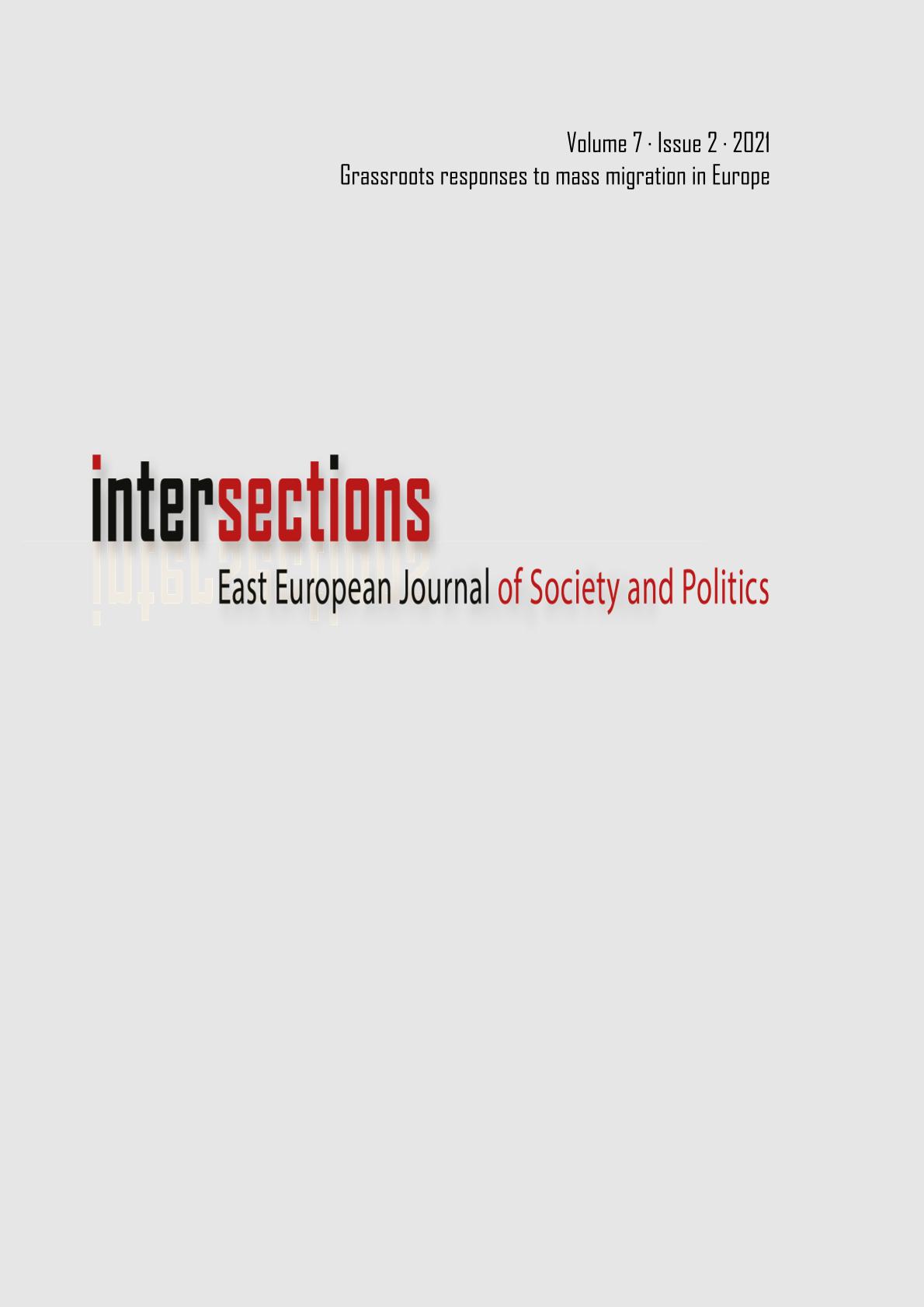Mapping the field of turbulent changes around the issue of migration in Poland
Mapping the field of turbulent changes around the issue of migration in Poland
Author(s): Grzegorz PiotrowskiSubject(s): Political behavior, Politics and communication, Politics and society
Published by: MTA Társadalomtudományi Kutatóközpont Kisebbsegkutató Intézet
Summary/Abstract: The issue of migration had become highly politicized in Poland already before the 2015 elections. The neoconservative Law and Justice (Prawo i Sprawiedliwość, PiS) party made it one of the key topics in the electoral campaign both for the parliamentary and for the presidential elections, both of which the party won. Poland has switched from a country with the highest acceptance rate of refugees in the EU to the one with the lowest rate within about a year. The narrative about masses of refugees in Poland and at its borders threatening Polish culture, civilization and identity started to gather momentum and has provoked numerous intended and unintended consequences, political and social. On the one hand such statements and politics have sparked an increase in hate speech and incidents, and violent actions. On the other, as a reaction, there is an observable awakening of the civil society in Poland through more intensified actions of various groups and organizations. Both are outcomes of the situation in which the government and the ruling party take a strong and negative stance on the issue of migrants and refugees. At the same time, anti-racist activism has been instrumentalized as a tool for anti-government struggles, involving new actors into the struggle. The new alliances forged after 2015 are more than interesting and will be described below, based on the empirical research conducted for a comparative research project on anti-racist contention in the Baltic Sea region. I will show particularly the nature of cooperation between grassroots groups (often radical) and the more moderate NGOs, activists (of both stripes) and civil servants as well as politicians; and here point to the specific role of municipalities and the city-level.
Journal: Intersections. East European Journal of Society and Politics
- Issue Year: 7/2021
- Issue No: 2
- Page Range: 88-92
- Page Count: 5
- Language: English

